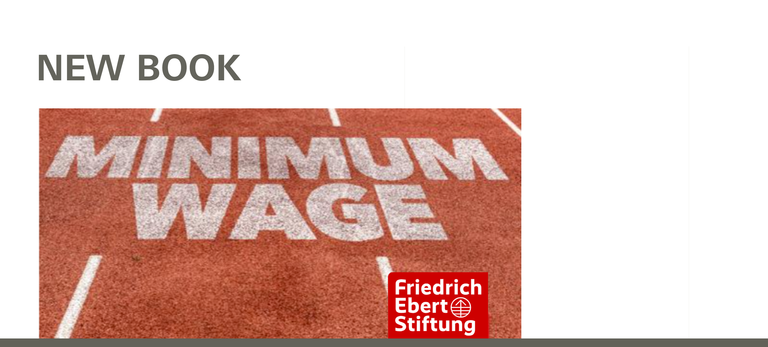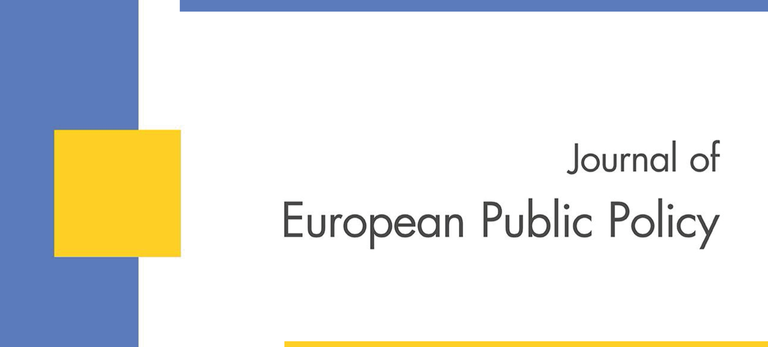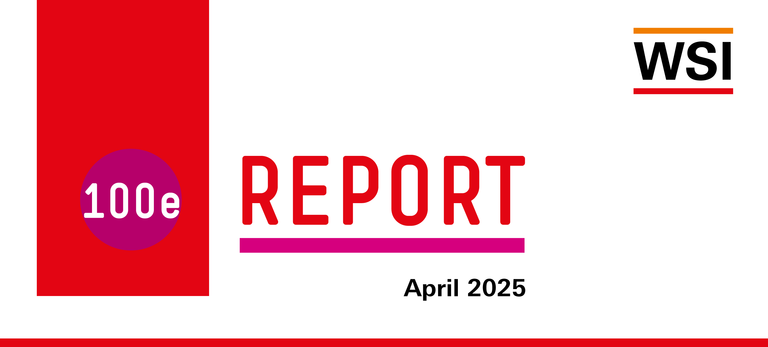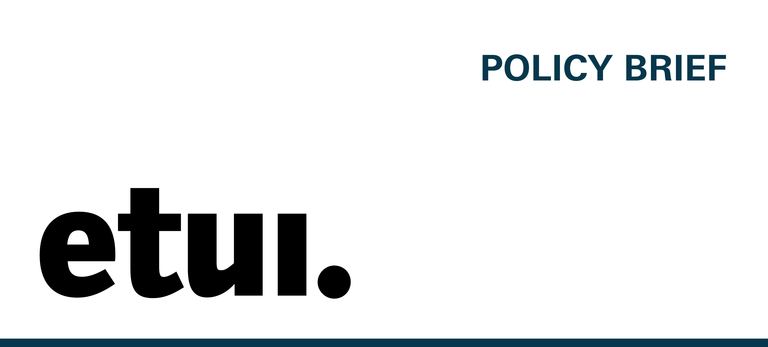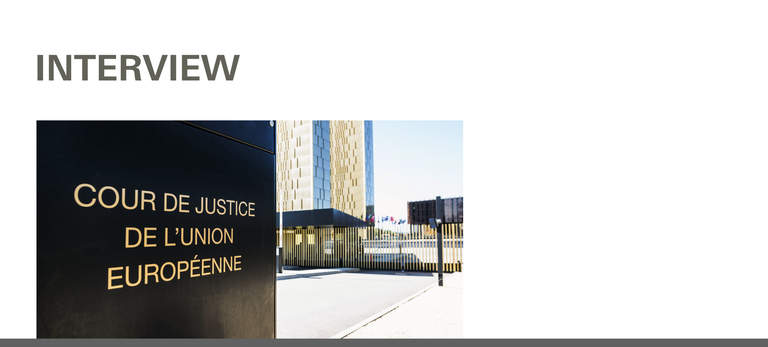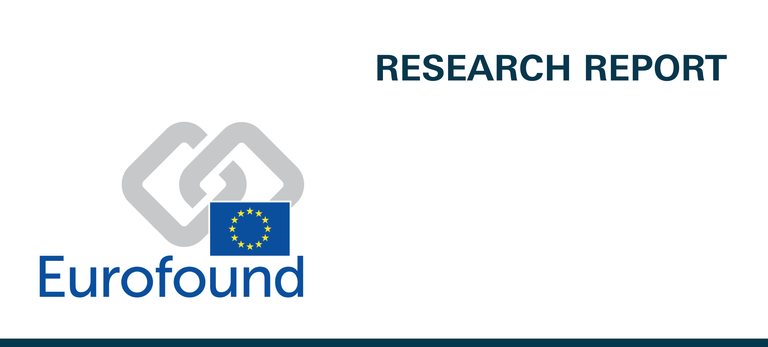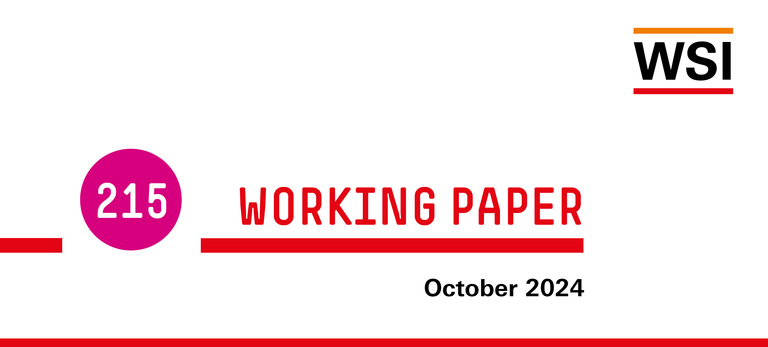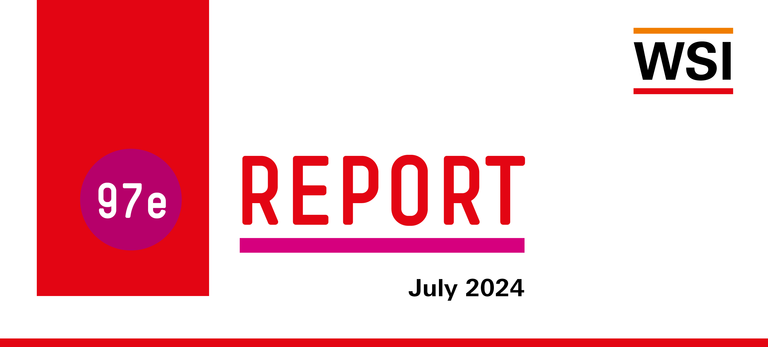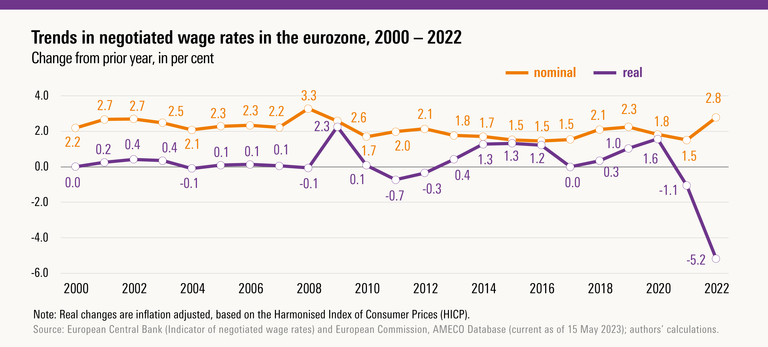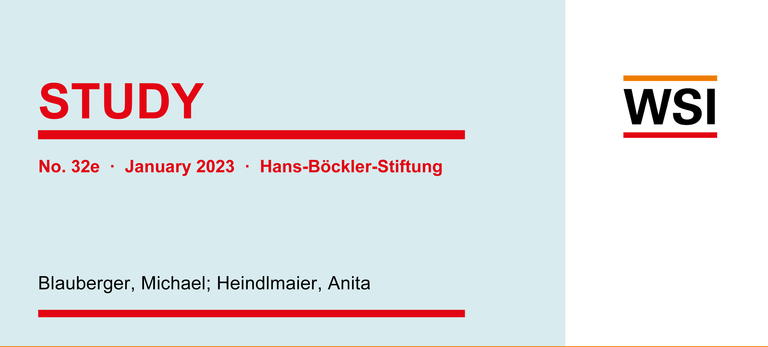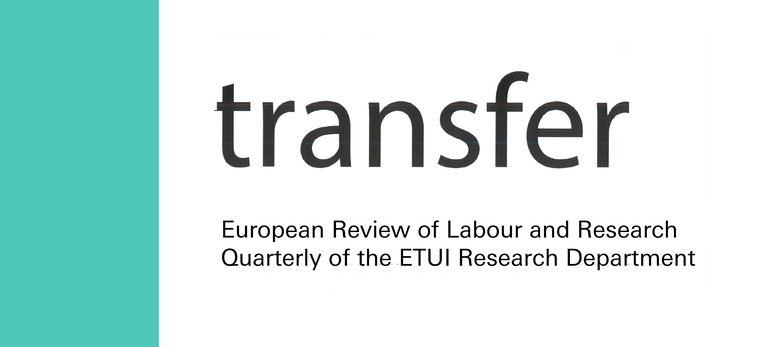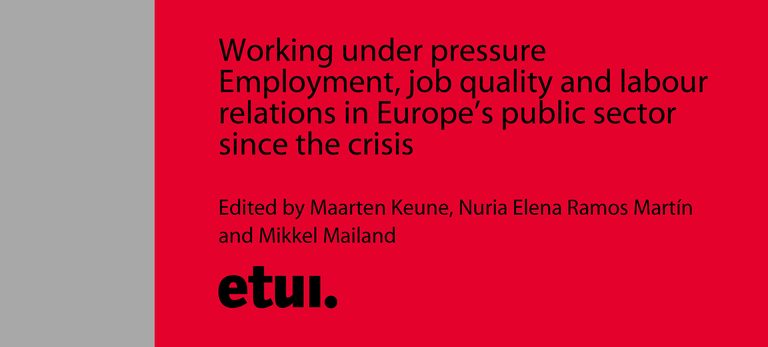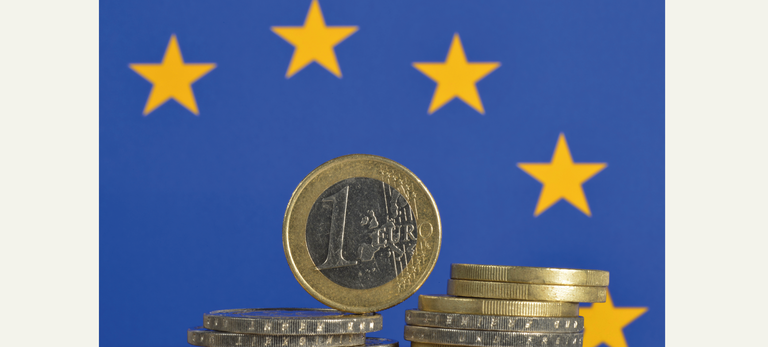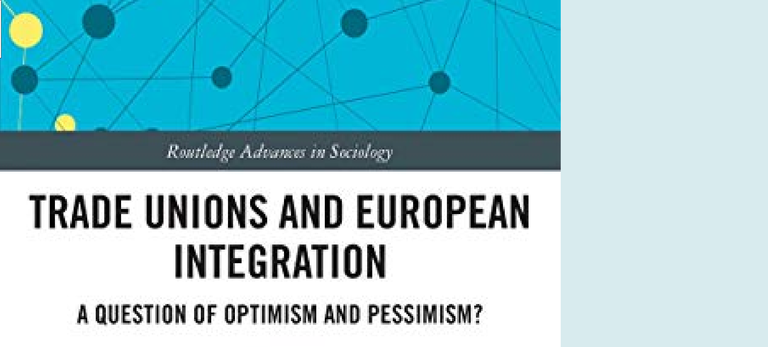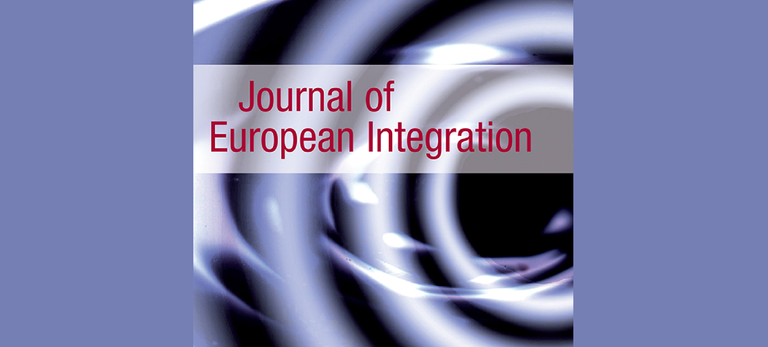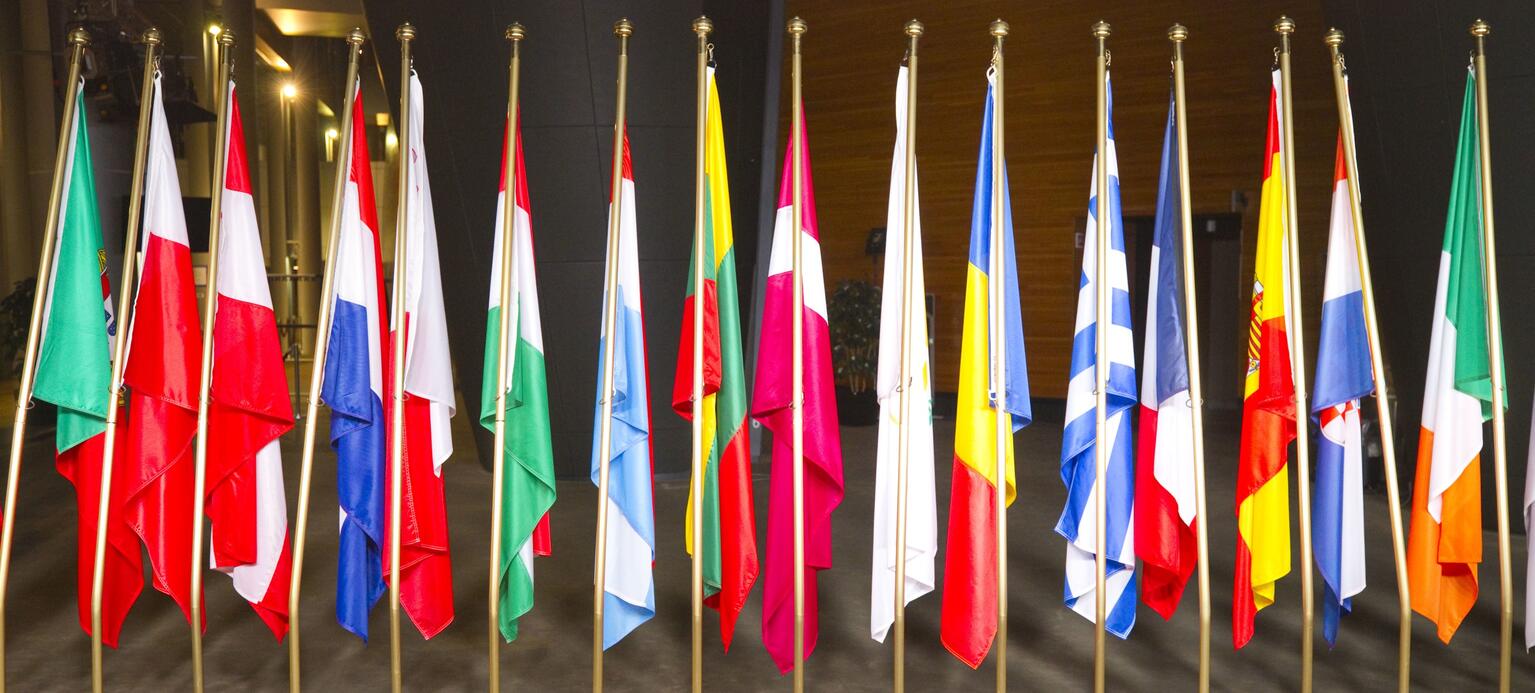
Source: picture alliance/Mandoga Media
WSI: Key research topics: Europe and European policies
The research area monitors economic, social and political developments on the European level and evaluates the consequences, risks and opportunities for employees, households, firms and the future of the welfare state.
The development of transnational European industrial relations provides an opportunity to increase the scope for shaping policy on companies, collective bargaining and trade unions in response to the constraints imposed by globalisation. The WSI promotes the development of European Works Councils and the Europeanisation of collective bargaining.
Main research topics
economic and financial policy issues in Europe - EU democratic deficit - monitoring of EU decisions - impact of European institutions (ECJ, ECHR, ECB) - transnational labour relations and national working and living conditions
